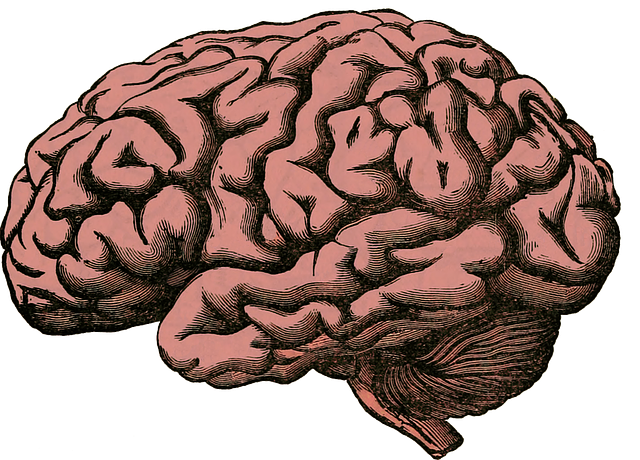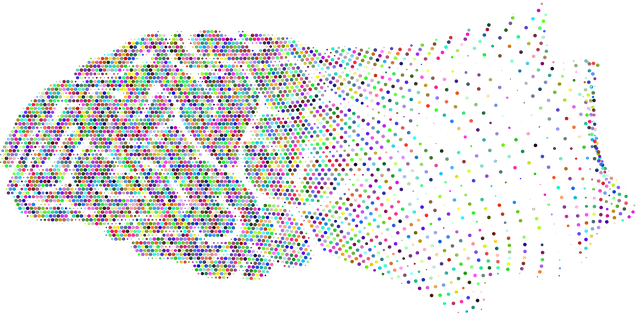Greenwood Village Chronic Illness Therapy advocates for positive thinking as a powerful tool for managing chronic conditions, improving well-being, and reducing burnout. By engaging healthcare professionals and community leaders, they prepare tailored programs that incorporate 'mind over matter' exercises to empower participants in reframing negative thoughts. These activities, such as mindfulness meditation and positive self-talk, aim to reduce mental illness stigma and enhance coping abilities, aligning with global stigma reduction efforts. Effective management involves monitoring progress, setting goals, and adjusting strategies based on individual needs, ensuring a proactive, culturally sensitive approach to chronic illness care in Greenwood Village.
In Greenwood Village, chronic illness management often involves more than just medical treatment—it includes fostering resilience through positive thinking. This article explores the power of positive thinking exercises as a complementary therapy for residents navigating chronic illnesses. We delve into understanding the impact of positive thinking on overall well-being, offer guidance on designing and implementing effective programs, and provide strategies for monitoring progress to optimize outcomes in Greenwood Village chronic illness therapy.
- Understanding Positive Thinking and its Impact on Chronic Illness
- Preparing to Implement a Positive Thinking Exercise Program in Greenwood Village
- Designing Effective Positive Thinking Exercises for Therapy
- Monitoring Progress and Adjusting Strategies in Chronic Illness Management
Understanding Positive Thinking and its Impact on Chronic Illness

Positive thinking is a powerful tool that can significantly impact individuals living with chronic illnesses. For many years, Greenwood Village Chronic Illness Therapy has been advocating for its benefits as a complementary approach to traditional treatments. By focusing on optimism and reframing negative thoughts, people with chronic conditions can experience improved well-being and enhanced quality of life.
This mindset shift can lead to better stress management, which is crucial for overall health, especially when dealing with long-term illnesses. The Stress Management Workshops Organization emphasizes the importance of learning effective strategies to cope, and positive thinking is a key component. Additionally, building resilience and preventing burnout are byproducts of this practice, enabling individuals to navigate their health journeys with greater ease.
Preparing to Implement a Positive Thinking Exercise Program in Greenwood Village

Greenwood Village, with its vibrant community and diverse population, presents a unique opportunity for implementing positive thinking exercises tailored to enhance emotional well-being promotion techniques. Before launching any program, thorough preparation is key. This involves understanding the local community’s needs, particularly among individuals dealing with chronic illness therapy. Engaging with healthcare professionals and community leaders ensures that the exercises are not only culturally sensitive but also aligned with evidence-based crisis intervention guidance.
The chosen activities should incorporate mind over matter principles, empowering participants to reframe negative thoughts and cultivate a more optimistic outlook. By adapting these practices to suit Greenwood Village’s context, the program can effectively contribute to the overall mental health and resilience of its residents.
Designing Effective Positive Thinking Exercises for Therapy

Designing Effective Positive Thinking Exercises for Therapy involves creating activities that challenge and support individuals in Greenwood Village Chronic Illness Therapy. These exercises should aim to foster coping skills development while addressing the unique challenges faced by those navigating chronic illness. Incorporating techniques like mindfulness meditation, positive self-talk, and visualisation can help reduce the mental illness stigma by promoting mental wellness and empowering patients to take an active role in their care.
Therapists play a crucial role in tailoring these exercises to individual needs, ensuring they are not only engaging but also culturally sensitive. By integrating evidence-based practices into therapeutic sessions, therapists can facilitate meaningful shifts in perspective, enhancing clients’ ability to cope with symptoms and improving overall quality of life. This approach aligns with global mental illness stigma reduction efforts, contributing to a more inclusive and supportive environment for chronic illness sufferers.
Monitoring Progress and Adjusting Strategies in Chronic Illness Management

Monitoring progress and adjusting strategies are essential components of managing chronic illness effectively. This process begins with setting clear and achievable goals in collaboration with healthcare professionals. For individuals navigating a chronic condition, such as those seeking Greenwood Village Chronic Illness Therapy, regular assessment allows for a deeper understanding of their unique challenges and what coping skills are most beneficial. By tracking symptoms, treatment adherence, and overall well-being, patients can identify patterns and make informed decisions about their care.
This proactive approach empowers individuals to adapt their strategies over time, ensuring that their management plan remains relevant and effective. For instance, if Mental Illness Stigma Reduction Efforts reveal improved social support but persistent challenges with daily tasks, healthcare providers can guide patients in refining their coping skills development and introducing new empathy-building strategies tailored to their evolving needs.
Implementing positive thinking exercises as part of chronic illness management in Greenwood Village can significantly enhance therapeutic outcomes. By combining evidence-based practices with tailored activities, healthcare professionals can empower individuals to navigate their conditions with resilience and optimism. Continuous monitoring and adjustments ensure that the program remains effective and aligned with each patient’s unique journey, ultimately improving their overall well-being. This holistic approach to chronic illness therapy in Greenwood Village has the potential to revolutionize care, fostering a sense of empowerment and control among those living with long-term health challenges.










